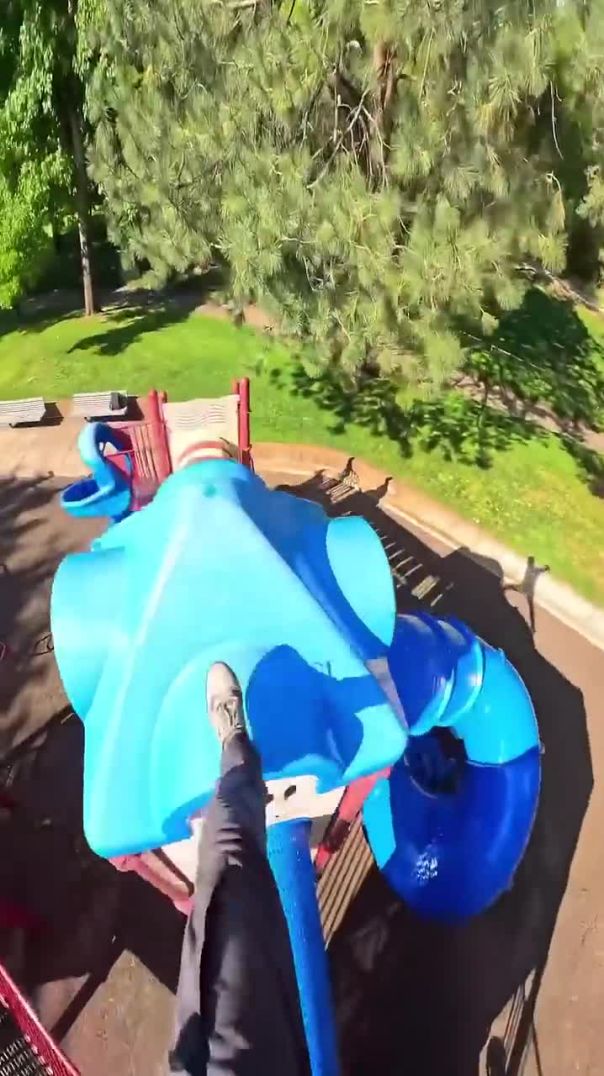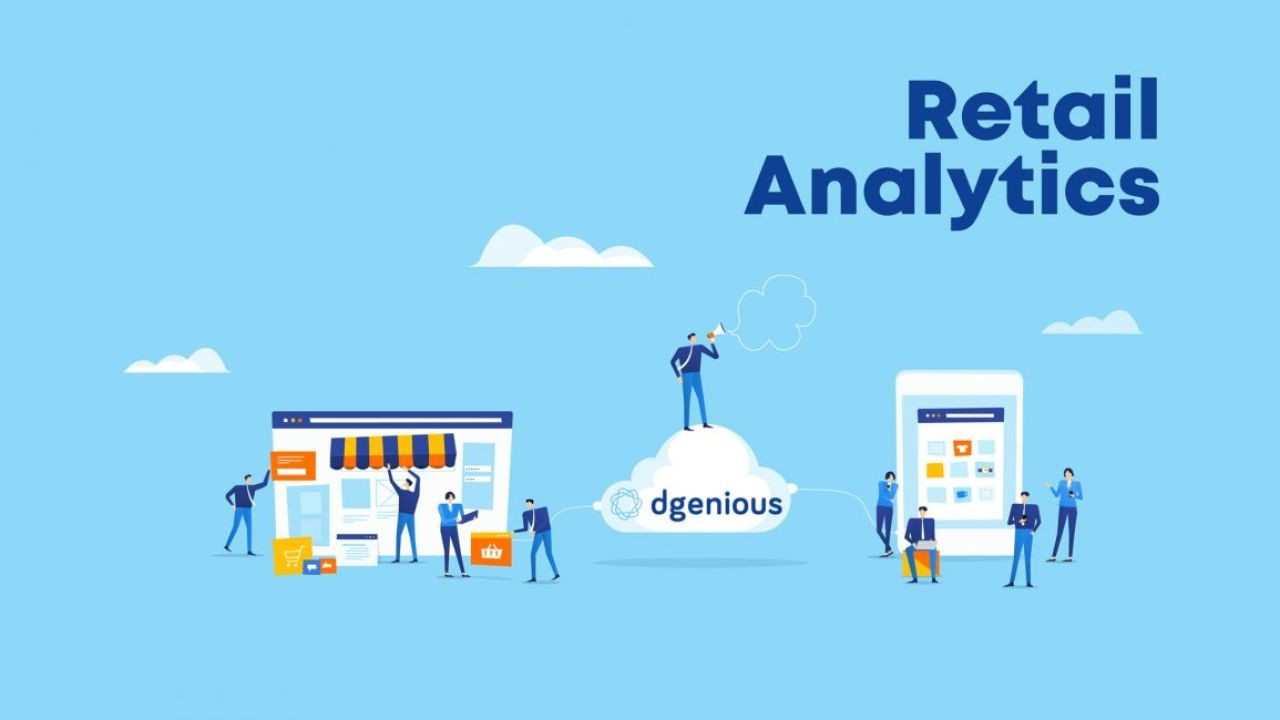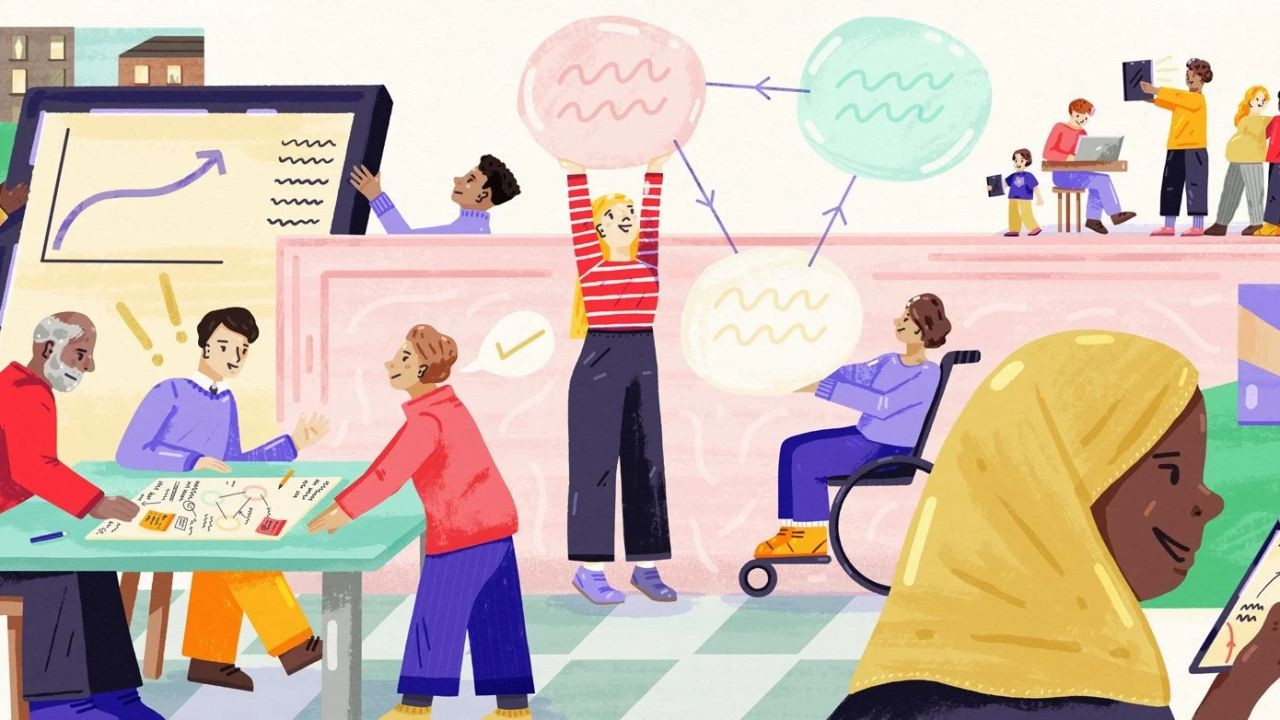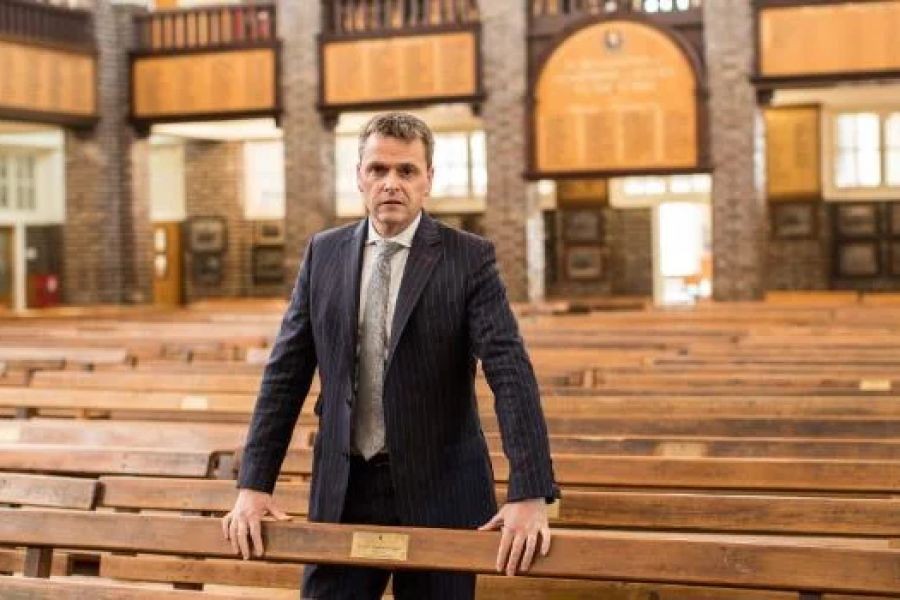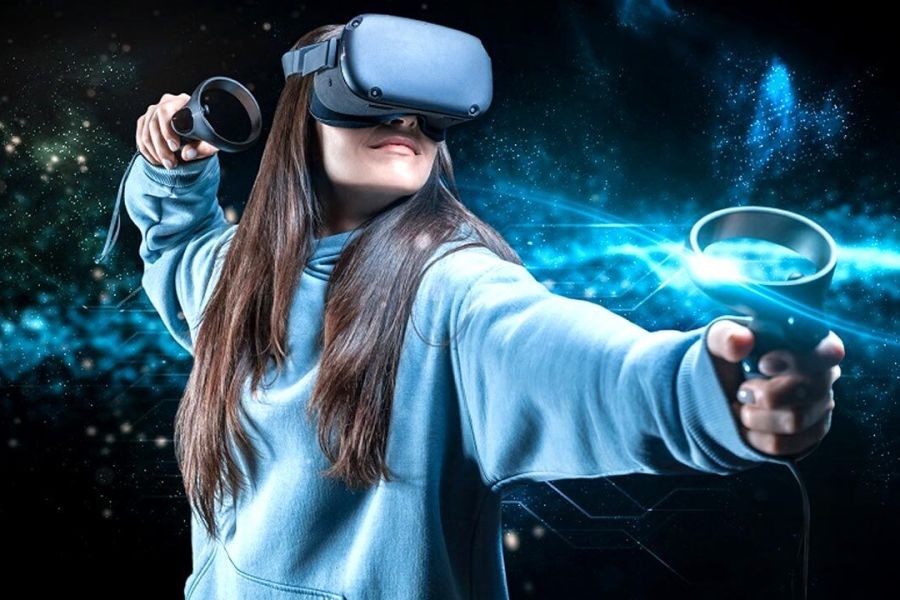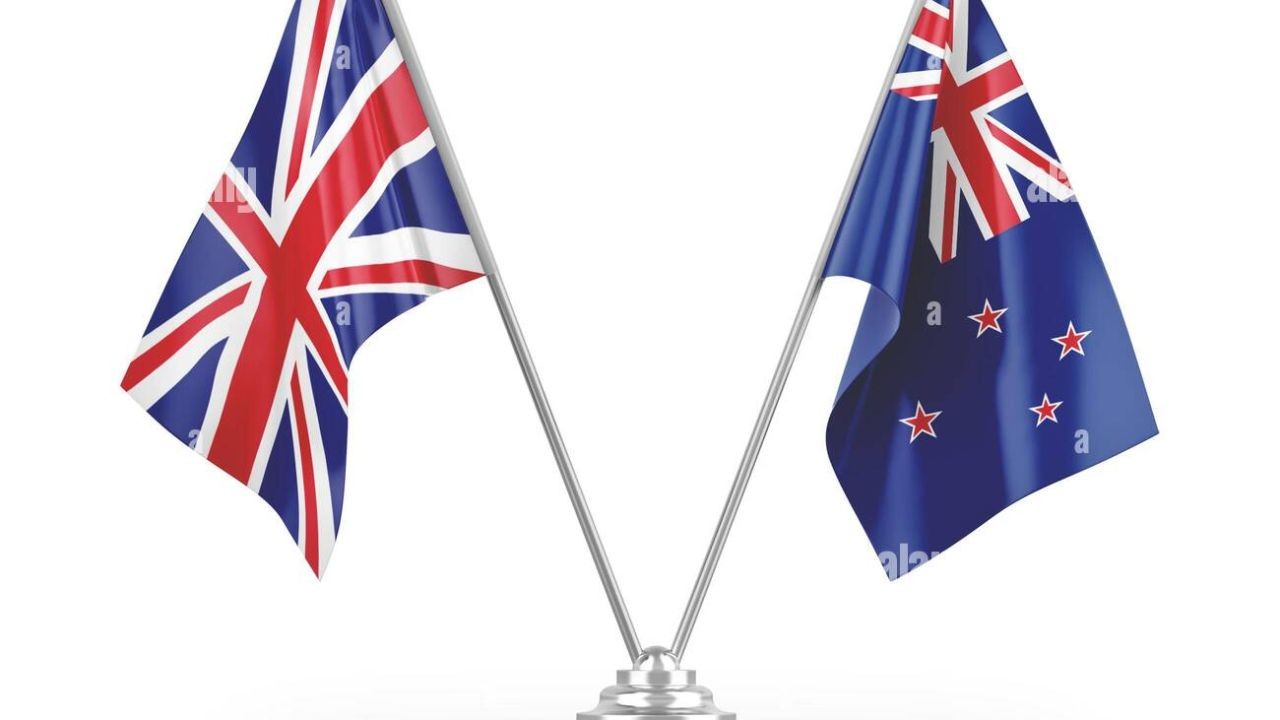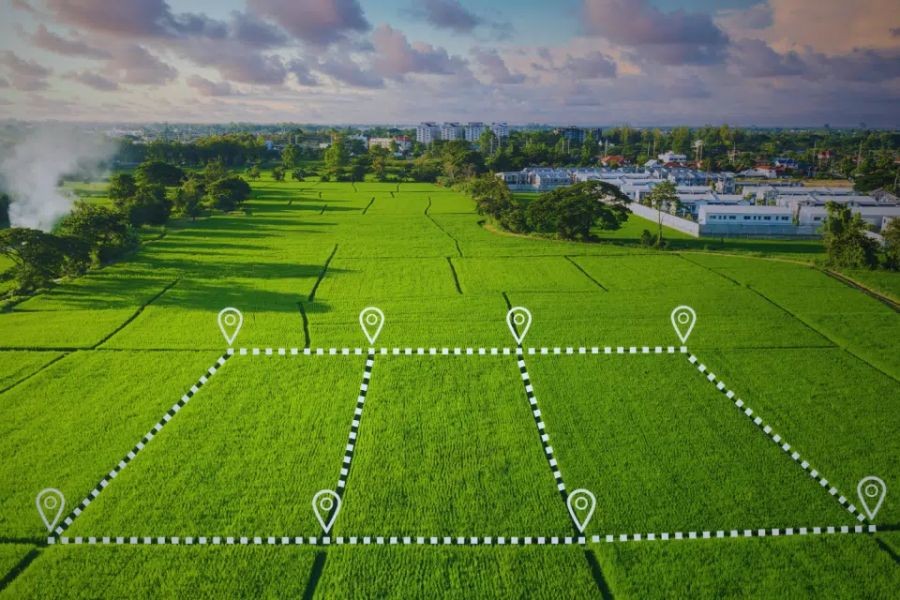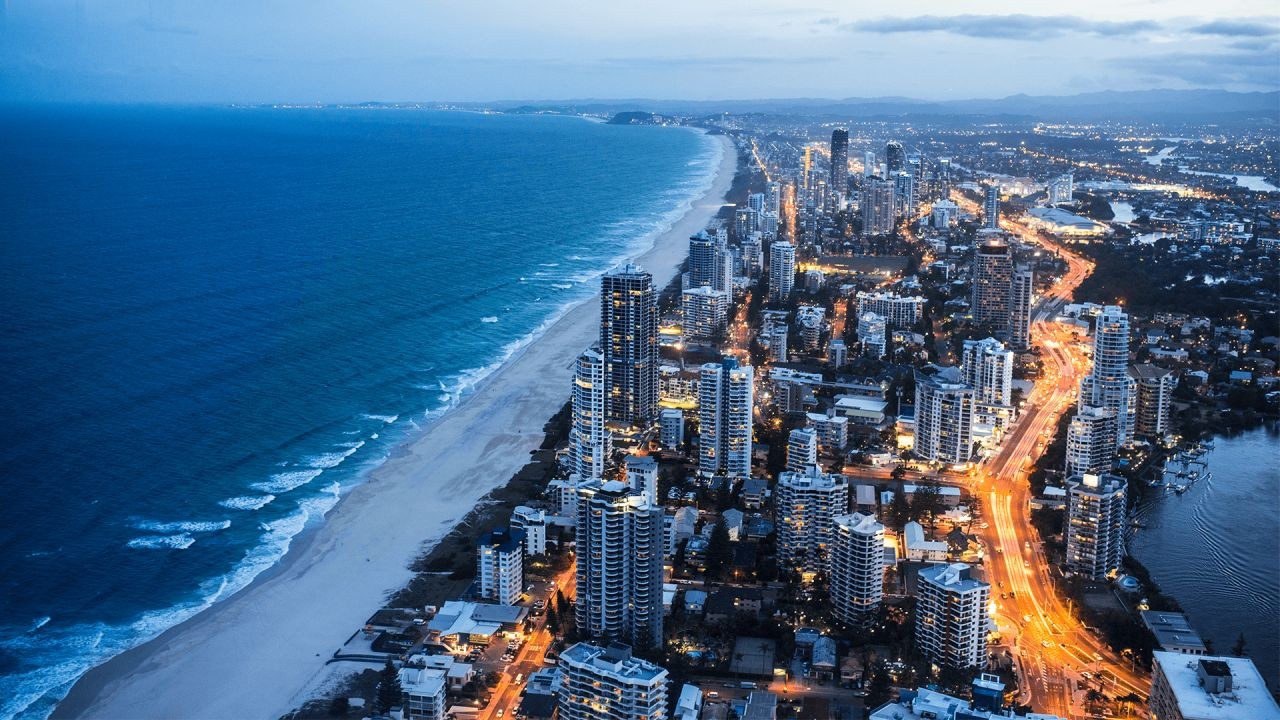In recent years, the political landscape in New Zealand has seen a transformative shift with the increasing embrace of social media platforms by politicians. This change is not merely a trend but a strategic maneuver to engage with constituents in a more direct and impactful manner. As we dive into 2025, understanding why this digital pivot matters, especially from an environmental research perspective, can offer valuable insights into its implications for policy-making and public engagement.
Why New Zealand’s Politicians Are Turning to Social Media
Social media has become a pivotal tool in the hands of New Zealand's politicians, allowing them to communicate directly with the public, bypass traditional media filters, and engage in real-time dialogue. This shift is largely driven by the need to connect with a diverse and technologically savvy electorate. According to a recent survey by Stats NZ, over 90% of New Zealanders aged 18-34 are active on at least one social media platform, making it a crucial arena for political engagement.
Case Study: Jacinda Ardern’s Digital Engagement Strategy
Problem: As Prime Minister, Jacinda Ardern faced the challenge of maintaining public trust and transparency, especially during crises like the COVID-19 pandemic.
- The traditional media channels were often slow and could misinterpret or skew messages.
- The need for immediate and clear communication became paramount.
Action: Ardern leveraged social media platforms, particularly Facebook and Instagram, to deliver live updates and engage with citizens directly.
- Her casual yet informative live streams became a hallmark of her communication strategy.
- She used these platforms to not only inform but also to gather public sentiment and feedback.
Result: This strategy resulted in increased public trust and engagement.
- Her Facebook live sessions regularly attracted tens of thousands of viewers.
- Public surveys showed a 15% increase in approval ratings following her digital engagement initiatives.
Takeaway: This case study highlights the effectiveness of using social media for transparent and immediate political communication, especially during crises. New Zealand politicians can harness similar strategies to effectively engage with constituents on critical issues, including environmental policies.
The Role of Social Media in Policy-Making
Social media platforms are not just tools for communication; they are instrumental in shaping policy discussions. Politicians can gauge public opinion, test policy proposals, and receive instant feedback. This two-way communication channel allows for more dynamic and responsive policy-making.
Data-Driven Insights from New Zealand
According to a report by the Ministry of Business, Innovation and Employment (MBIE), social media engagement has led to a 20% increase in public participation in policy discussions. This is particularly evident in environmental policies, where public sentiment can be a significant driver of change.
For instance, the push for New Zealand to become carbon-neutral by 2050 has gained substantial traction on platforms like Twitter and Facebook, where citizens actively discuss and advocate for sustainable practices. This digital advocacy has influenced policy directions and heightened the urgency for governmental action on climate change issues.
Pros and Cons of Social Media Engagement for Politicians
✅ Pros:
- Direct Communication: Politicians can bypass traditional media gatekeepers.
- Real-Time Feedback: Instant public reactions can shape policy decisions.
- Increased Transparency: Direct messages from politicians foster trust.
- Broader Reach: Social media platforms have a global reach, amplifying messages.
❌ Cons:
- Risk of Misinformation: Unverified information can spread rapidly.
- Privacy Concerns: Data privacy issues can lead to public distrust.
- Echo Chambers: Social media can create polarized communities.
- Resource Intensive: Maintaining an active social media presence requires dedicated resources.
Common Myths & Mistakes in Political Social Media Use
Myth vs. Reality
Myth: "Social media is only effective for reaching younger audiences."
Reality: While younger demographics are highly active on social media, platforms like Facebook have significant engagement from older age groups. A study by Stats NZ found that 65% of users aged 50-64 are active on social media, making it a valuable tool for reaching a broader audience.
Myth: "Social media engagement doesn't influence real-world actions."
Reality: Social media campaigns have been pivotal in driving real-world actions, such as voter registration drives and environmental activism. According to NZTech, online advocacy has led to a 10% increase in civic participation in environmental initiatives.
Future Trends in Political Social Media Use
The future of political engagement in New Zealand will likely see an even greater reliance on digital platforms. Emerging technologies such as artificial intelligence and augmented reality could enhance the way politicians interact with the public, offering more personalized and immersive experiences.
A report by Deloitte predicts that by 2030, 70% of political campaigns will be driven by data analytics and AI, allowing for highly targeted and effective engagement strategies. This shift will necessitate a balance between leveraging technology and maintaining ethical standards in digital communication.
Conclusion: Final Takeaways & Call to Action
As New Zealand continues to navigate the digital age, the integration of social media into the political sphere is not just a trend but a necessity for effective governance and public engagement. The ability to communicate directly with citizens, gather real-time feedback, and influence policy discussions is invaluable. However, it is crucial for politicians to navigate this landscape ethically and responsibly.
For environmental researchers and policy-makers, understanding this digital shift is essential. By leveraging social media, they can advocate for sustainable practices, influence policy-making, and engage with a broader audience. The future of political engagement in New Zealand holds exciting possibilities, and embracing these changes can lead to more informed and active citizen participation.
What’s your take on the role of social media in political engagement? Share your insights below!
People Also Ask
- How does social media impact political engagement in New Zealand? Social media enhances political engagement by providing a platform for direct communication and real-time feedback, leading to increased transparency and trust.
- What are the biggest misconceptions about social media in politics? A common myth is that social media only reaches younger audiences, but platforms like Facebook also engage older demographics.
- What are the best strategies for politicians using social media? Effective strategies include regular live updates, interactive content, and responsive engagement to build trust and transparency.
- What role does social media play in policy-making? Social media allows politicians to gauge public opinion and test policy proposals, facilitating dynamic and responsive policy-making.
Related Search Queries
- Social media and politics in New Zealand
- Impact of social media on policy-making
- Jacinda Ardern social media strategy
- Social media engagement in New Zealand
- Future of political campaigns in New Zealand




